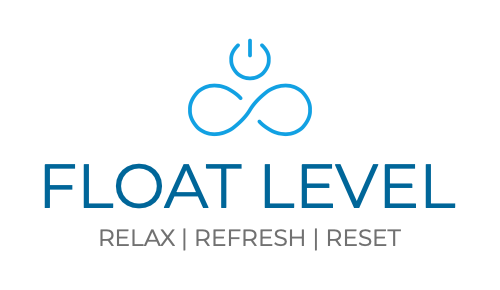The Floatation Experience, Ganzfeld Effect and Altered States of Consciousness
/When I tell people I am opening a floatation centre and whether they know what floatation is, the overwhelming first reaction is, “Oh, like Homer and Lisa in that Simpsons episode?”
Although awareness of floatation is increasing all the time, most of us will only have been exposed to the idea through The Simpsons or perhaps the American show Fringe (which is worth a watch by the way!) which both emphasise the visual elements to floating.
So how accurate are these reports of complex visual scenes and altered states of consciousness while in the tank? Well, a recent study has looked specifically into these very experiential elements of floatation to gain an understanding of the subjective cognitive experience as far as that will allow.
Cognitive Experiences in the Tank
In 2008, three Swedish researchers began work into understanding the subjective experience of floatation and the extent to which an altered state of consciousness is part of this experience. They interviewed subjects from previous floatation studies to understand their view of their experiences while in the tank and their perceived after-effects.
They found a number of common experiences (aside from the primary and well-known pain and stress-relieving effects) such as:
- Changes in the perception of time
- Visual and acoustic changes in perception
- Dissolution of body boundaries
- Transpersonal experiences (an experience of unified connectedness beyond the ego level)
- Increased Creativity or “Magical Thinking”
As well as the above, the uniquely unburdened feeling of weightlessness was also described when participants were interviewed. Moreover, they all described what they felt as overwhelmingly pleasant and positive.
Some participants went on to describe more powerful altered states of mind in which they experienced vivid, dream-like sequences or the feeling of flying although these were not common to all participants and should not be expected when you first float.
Positive Long-Term Effects
There were intriguing results when the researchers considered the longer-term post-float impact on those they interviewed. They had reports of individuals having a more positive and harmonious outlook, becoming more even-tempered and being calmer of mind in their everyday lives as an outcome of their experiences with floatation. The researchers concluded that:
“Floating is a method suitable for a broad target group. The method can provide among other things, deep relaxation, pain reduction, and other positive changes in the life situation. Powerful mental experiences may sometimes be induced, but the experiences are often of a positive and fruitful nature.”
The Ganzfeld Effect
This outcome should not be surprising. After all, a phenomenon known as the Ganzfeld Effect has been reported for centuries although the term was only coined in the 1930s. This determines that looking at a featureless field or remaining in darkness for a prolonged period will cause the mind to create the perception of light patterns or more complex images or scenes as it is accustomed to in normal daily life even without the stimulus of light available.
Thousands of years ago, ancient sages such as Pythagoras and his followers would retreat to pitch-black caves to tap into possibilities of an altered state of consciousness and receive wisdom through their visions. Now, we have the floatation environment, which offers a modernised tool for enhanced cognitive experience with the additional benefits of physical relaxation and a reduction in stress levels.
Different and Deeper Each Time
While no floatation experience is the same and the particular experiences others describe with regard to altered states of consciousness are by no means a given, it is something, which gets better and deeper each time, which can be approached with specific goals in mind and which can arguably be of immense benefit in different ways to everyone and anyone. If you think you would like to experience floatation and explore the many possibilities discussed in this post, you can book a session at Float Level from May 2014.

